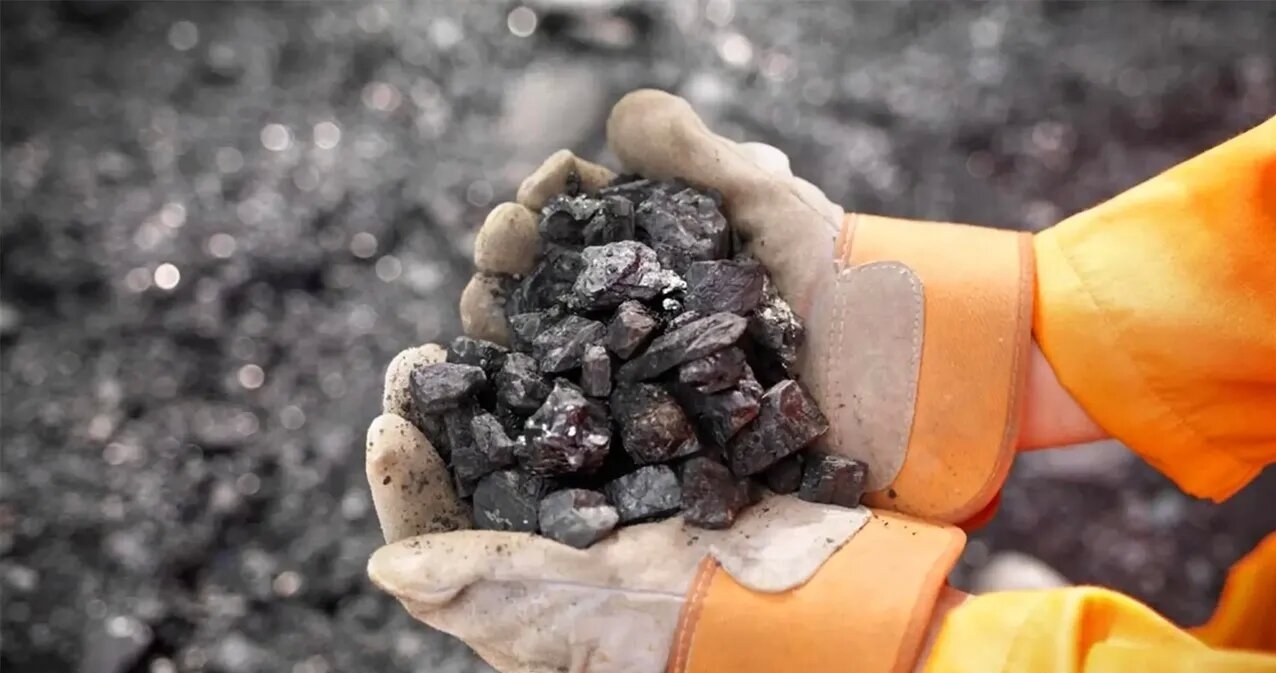
Recently, rare earth mining in Myanmar has come to a standstill, which has attracted widespread attention and strong reactions in the global rare earth market. As the world's third-largest source of rare earth minerals and an important source of rare earth raw materials for China, the stagnation of rare earth mining in Myanmar is not accidental, and there are deep-seated reasons behind it, which have had an undeniable impact on the world economy.
1、 Deep reasons for the stagnation of rare earth mining in Myanmar
1. Unstable political situation: The turbulent domestic political situation in Myanmar is one of the important reasons for the stagnation of rare earth mining. For a long time, there have been multiple political forces playing games and conflicts in Myanmar, with tensions in some areas and an unfavorable security situation. Especially recently, the Kachin Independence Army in Myanmar announced control over the country's rare earth mining areas, making it impossible for local rare earth mining operations to proceed normally. This political instability not only affects the normal production and operation of mines, but also has a significant impact on the supply of labor, water and electricity, making it difficult to sustain the mining of rare earth minerals.
2. Increasing environmental pressure: With the increasing global attention to environmental protection, the Myanmar government is also facing greater environmental pressure. The mining and processing of rare earth minerals will generate a large amount of waste and pollutants, causing serious pollution and damage to the local soil, water sources, and air. In order to address environmental issues, the Myanmar government may have strengthened its supervision of rare earth mining, requiring companies to adopt stricter environmental measures. This has to some extent increased the mining costs and operational difficulties of companies, leading to some companies suspending or reducing their rare earth mining.
3. Adjustment of resource management policies: The Myanmar government has adjusted and optimized its resource management policies to better protect and utilize its natural resources. Rare earths, as an important strategic resource, have increasingly highlighted their value and importance. The Myanmar government may hope to enhance the management of rare earth mines, increase the added value of resources, and promote the sustainable development of the country's economy. For example, the government may re-examine and allocate the mining rights of rare earth mines, strengthen control over resource exports, etc. These policy adjustments have also led to the stagnation of rare earth mining.
2、 The impact on the world economy
1. Impact on the rare earth market: Myanmar is an important global supplier of rare earths, and the stagnation of its rare earth mining has led to a decrease in supply in the global rare earth market, causing changes in the supply-demand relationship and driving up rare earth prices. Especially for medium and heavy rare earths, due to their extremely small proportion in global reserves, and Myanmar being an important supplier of medium and heavy rare earths, the price increase of medium and heavy rare earths is more significant. For downstream industries that rely on rare earth resources, such as new energy vehicles, wind power generation, electronic information, etc., cost pressure will further increase, which may affect the development speed and competitiveness of these industries.
2. Impact on supply chain stability of related industries: Rare earths play an irreplaceable role in modern industry and are widely used in high-tech and defense industries. The stagnation of rare earth mining in Myanmar has impacted the global rare earth supply chain, posing a risk of shortage in raw material supply for related industries. For example, in the new energy vehicle industry, rare earth permanent magnet materials are key materials for electric vehicle motors, and insufficient rare earth supply may affect the production and sales of electric vehicles. In addition, for some defense industries that rely on rare earth resources, the instability of rare earth supply may affect national defense security.
3. Impact on the international trade pattern: The stagnation of rare earth mining in Myanmar will also have a certain impact on the international trade pattern. On the one hand, some countries may increase their dependence on other rare earth suppliers, such as Australia, the United States, etc., thereby changing the direction and pattern of global rare earth trade. On the other hand, some countries may strengthen the development and protection of their own rare earth resources, increase self-sufficiency in rare earth resources, and reduce dependence on imports. This will intensify competition among countries in the field of rare earth resources and may also trigger new trade frictions and disputes.
In short, the stagnation of rare earth mining in Myanmar is the result of a combination of multiple factors, which have had a profound impact on the world economy. In the face of this situation, countries need to strengthen cooperation to jointly address the challenges of rare earth resource supply and promote the healthy development of the global rare earth industry. At the same time, it is also necessary to accelerate technological innovation, seek alternative materials, reduce dependence on rare earth resources, and ensure the sustainable development of modern industry.

报告显示,中国电力投资加速增长,预计2024年电网基建投资将超过5300亿元。
近日,市场迎来了一则引人注目的消息:工业巨头3M公司(MMM.N)在本周五公布了其季度业绩报告,随后股价飙升至近两年来的
最近,外媒给OpenAI算了笔账,今年可能要血亏50亿美元。
近日,巴黎奥运会和世界铁人三项协会联合发布了一项重大决定,宣布因塞纳河水质污染问题,原定于近期进行的奥运会铁人三项首次下
当地时间7月18日,法国巴黎发生了一起令人震惊的持刀袭警事件。
近期,一则重大消息在国际舞台上引起轩然大波,马来西亚宣布加入金砖国家。
调查发现,互联网和智能手机的使用干扰了韩国近五分之一学生的生活。